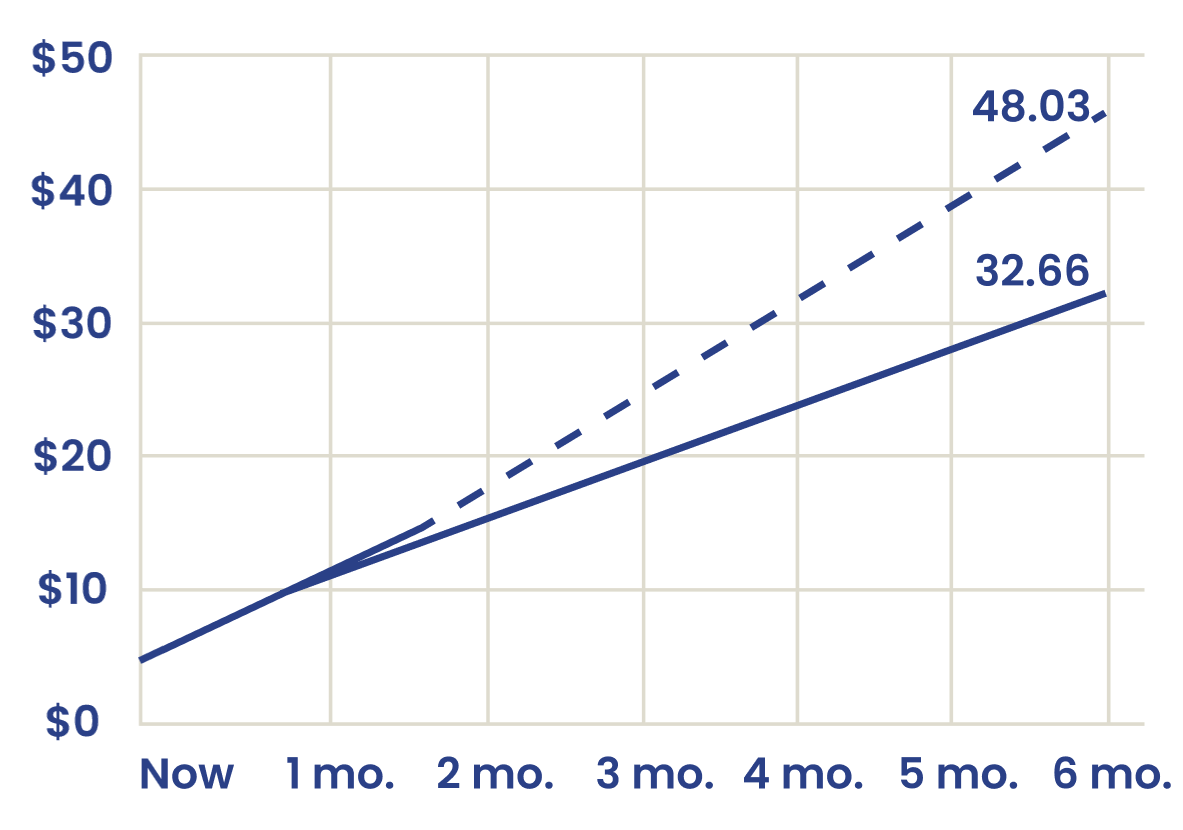Are you an emergency prepper? If so, you might struggle to build a DIY long term food storage while you are following a vegan diet. You also need to take care of other critical aspects of emergency prepping, such as hygiene, safety, water, and more.
The following 5 things will help you prepare for emergencies as a vegan prepper.
New Sources of Protein
As a vegan, you won’t be consuming animal products. This can be advantageous because the animal product supply chain will be the first to be affected during emergencies. However, it limits your options for protein sources.

Hence, you need to find new vegan sources of proteins to fulfill your body’s protein needs. You can rely on the following protein sources.
- Peanut Butter
- Lentils and beans
- Textured vegetable protein
- Nuts and seeds
- Protein powder
- Bean mixes
- Quinoa
- Whole grains
- Canned wheat gluten
- Tofu
- Plant-based jerky
Stock Up on an Egg Replacement
You might have noticed that your baking efforts drastically increased during the pandemic. So, you might want to stock up on egg replacers to survive any emergency smoothly.
You can stock egg replacements such as chia seeds, flax seeds, and more. You can also check out different egg substitutes based on your specific requirements.
Cook Vegan Emergency Meals
You might not find many vegan emergency meals in the market. While most emergency food prepper kits don’t use real meat, they still rely on meat substitutes. They also use a lot of dairy products, which may not be ideal for you.
So, you can make your own vegan meals. Whatever vegan dishes you eat can be dehydrated or freeze-dried and stored in Mylar bags with oxygen absorbers.
Grow your own fresh produce
You might have a good stockpile of dehydrated fruits and vegetables. But at some point, you may miss fresh produce such as fresh leafy greens, tomatoes, fruits like strawberries, and more.
So, start growing your own fresh produce. Learn how to grow different fruits and vegetables. Research about the right fertilizer, correct growing conditions, etc. to grow your favorite fruits and vegetables efficiently.
Look at the Nutrition
Vegan food is deficient in iron, calcium, and vitamin B12. So, when you decide to stockpile ingredients, take a look at the nutrition they can provide during emergencies.
Try to divide your food items into categories such as protein, carbohydrates, fats, vitamins, fats, alternative fats, and more. This will help you learn about different nutrition sources present in your food storage kit.
Always stockpile supplements. Store molasses, nutritional yeast, dehydrated greens powder, and more.
To store your food items effectively, you can use Mylar bags and oxygen absorbers. Check out our blog for more details.





